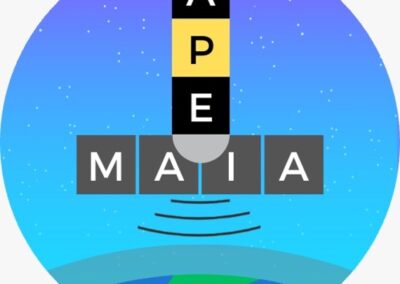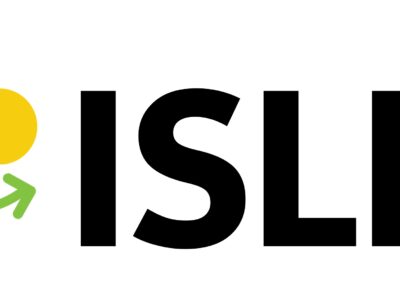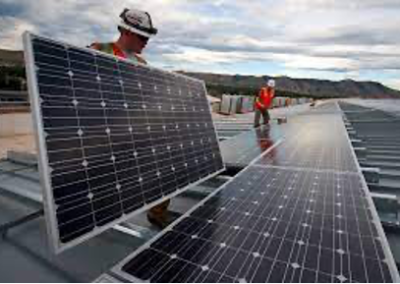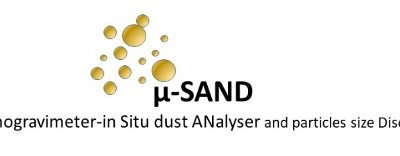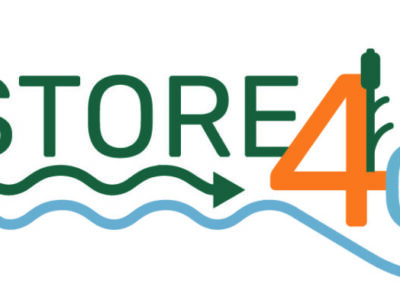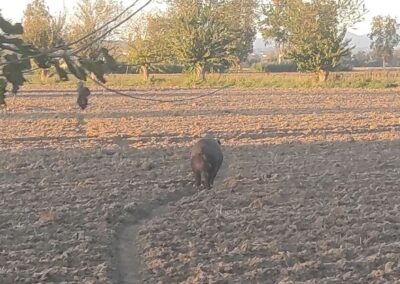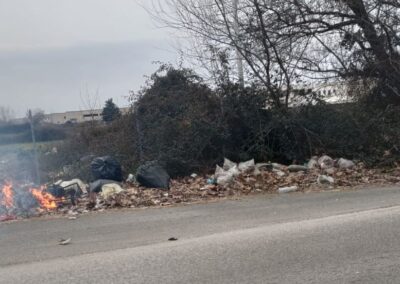Methodologies, technologies and infrastructures for air quality monitoring.
The aim of the research is the improvement of methodologies, technologies and infrastructures for monitoring air quality and for sharing geospatial data related to atmospheric pollution.
The activities take place across three main sectors.
A first sector consists in the development and validation of low-cost, high-accuracy sensors for monitoring air pollution, using various methodologies including electrospinning.
A second sector is based on the application of remote sensing methodologies (satellite data) aimed at studying air quality, analyzing the impacts of pollution on vegetation, and land change use.
A third strand consists in the development of cyber-infrastructure for the management of environmental data and for the interoperability and integration of the different datasets currently available.
Research Areas
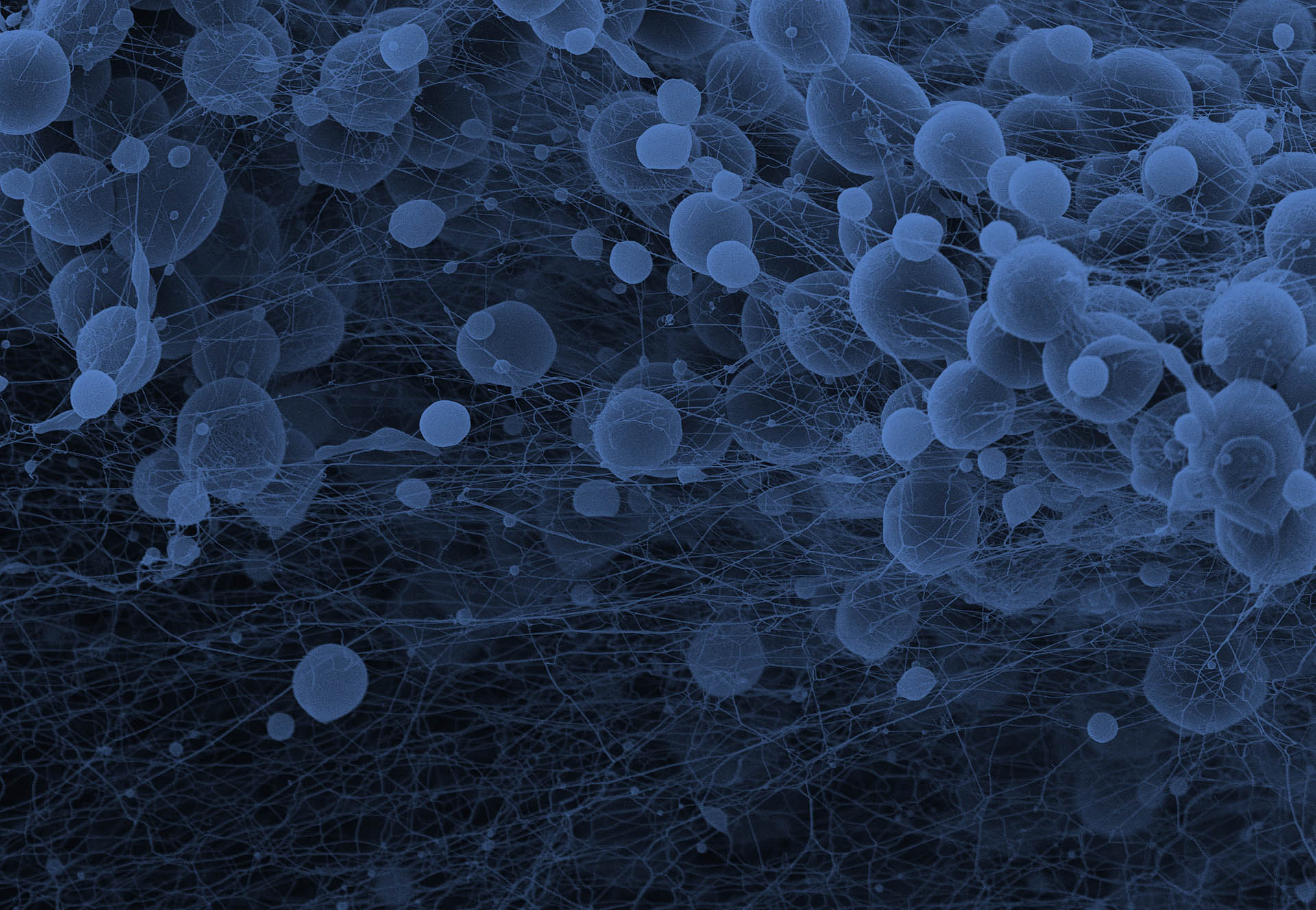
Advanced sensors
Contact: Dr. Antonella Macagnano
Design and development of nanostructured sensors and multiparameter sensor devices for real time and in-situ monitoring of toxic gaseous and particulate air pollutants.

Geospatial artificial intelligence and information sharing
Contact: Dr. Mattia Santoro
The thematic area "Geospatial Artificial Intelligence and Information Sharing" (GAINS) brings together the research activities of the Institute relating to the development and use of digital methodologies for sharing and processing geospatial resources for applications of Earth and environmental sciences.
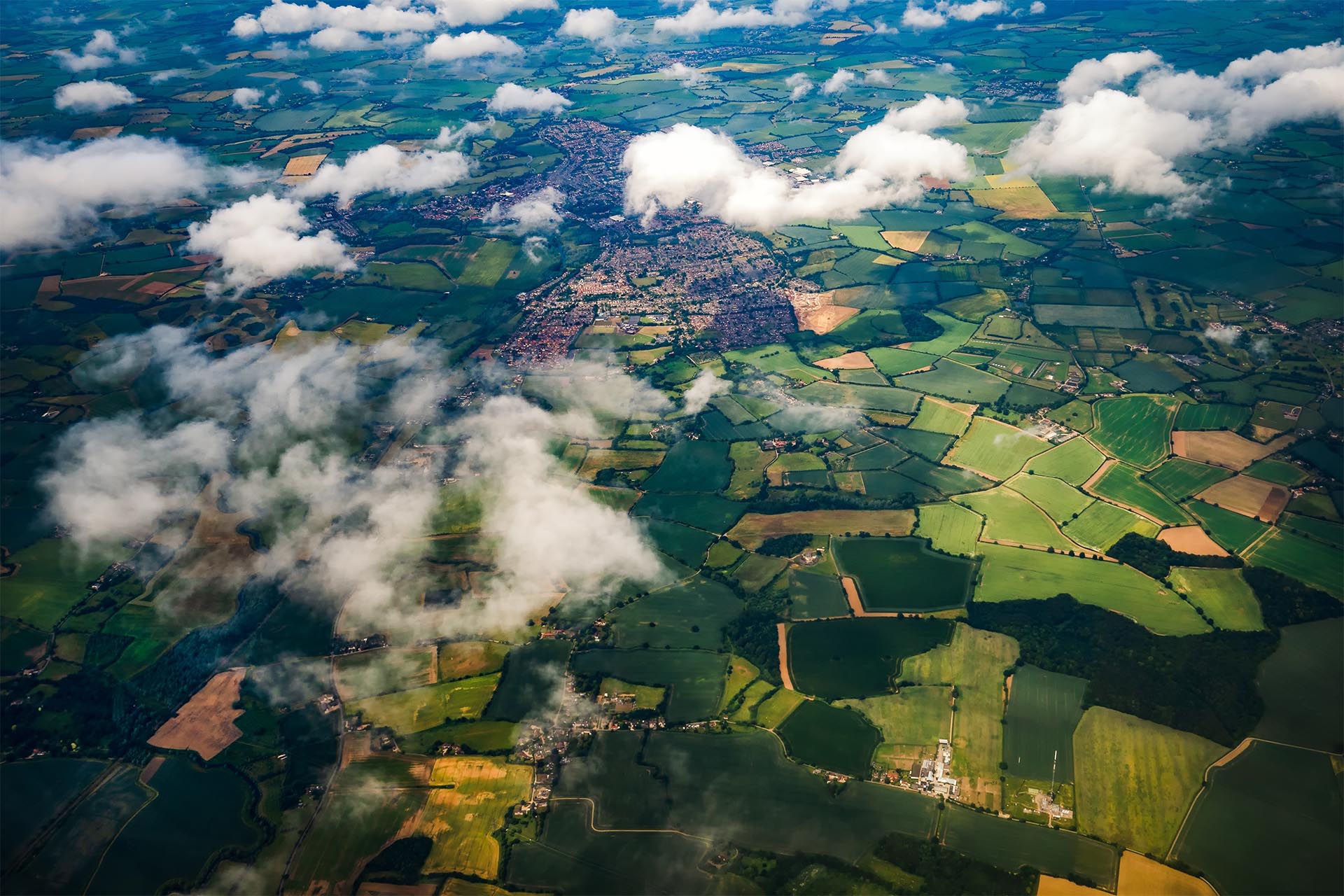
Earth observation
Contact: Dr. Maria Patrizia Adamo
Earth Observation consists of the collection of data, both from remoto and in situ, from multiple sources and in their elaboration in order to extract information useful for generating knowledge regarding the physical, chemical and biological processes of the Earth with the aim of monitoring their state and changes, both of natural and anthropic origin .

